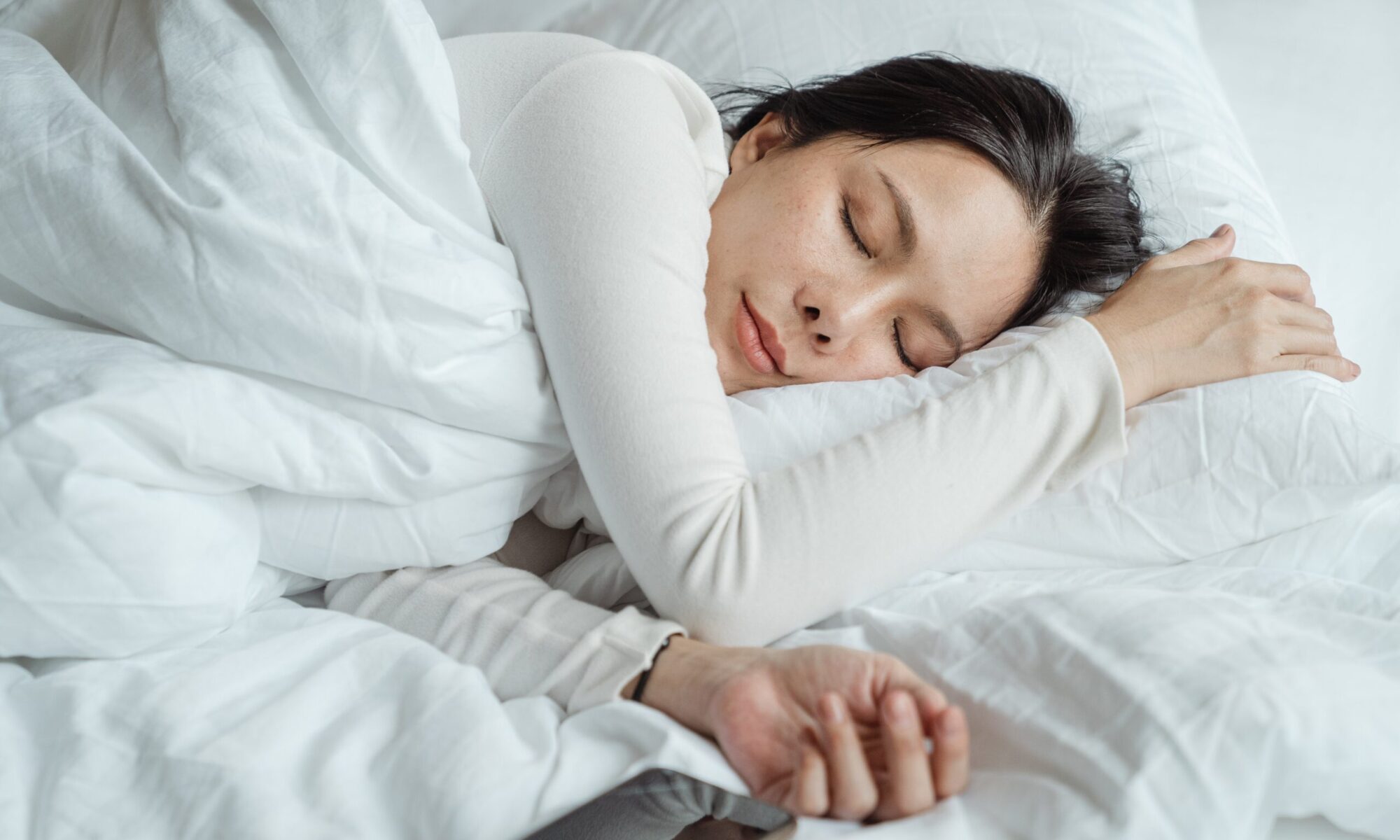We’ve discussed the role obstructive sleep apnea plays. The we went on to discuss stress. There’s a common ground between OSA and insomnia. One of the issues with OSA is that in order to stay alive flowing airway compromise is the necessity for a shock to the system, a last minute ‘wake up call.’
The issue here is that as much as its necessary to shock the sufferer into wakefulness (although its rarely remembered) in so doing it activates the sympathetic nervous system and that’s the part (opposite the parasympathetic) that readiness the body for trouble. This sympathetic activation or excitation is part of the problem in insomnia, where you’re mind just won’t shut off.
I have no scientific evidence but over time I’ve come to believe that although all the studies and scientific papers are about the sufferer of either snoring or OSA, the bedpartner often suffers from sleep deprivation for other reasons too.

For the bedpartner, yes, it’s terribly annoying, it would be enough to ‘wake the dead’ let alone allow for a peaceful sleep. So why do so many bed-partners sleep lightly when they really need to sleep deeply!? Why, when many bed-partners are so tired, don’t they appear to sleep as deeply as the snorer/ OSA sufferer?

I think that for many, it can be viewed almost as a mild form of Post-Traumatic Stress Disorder (PTSD). I think that even if they don’t know the science behind the disease, they know that breath holding can’t be a good thing, and many have told me that they wait, often counting the seconds. If this is not a way to activate fear, worry and heightened anxiety I don’t know what is!

So, look at the big picture when it comes to sleep disorders and while we’re on the subject – a quick note about RLS or restless legs syndrome.

